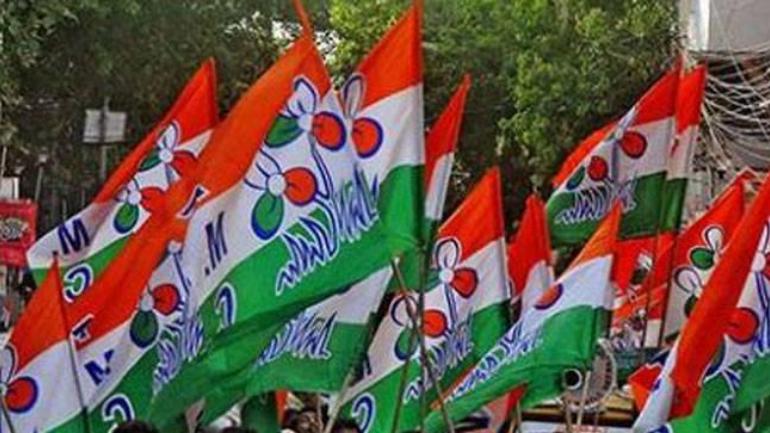NEW DELHI: The Kolkata Uttar Lok Sabha seat is witnessing the high-octane electoral fight between the current All India Trinamool Congress (TMC) candidate Sudip Bandhopadhyay, and former TMC but present Bharatiya Janata Party (BJP) candidate Tapas Roy.
Historically, TMC has had a stronghold in the constituency, and is looking to continue its dominance by fielding sitting MP and senior leader Bandhopadhyay.
While the BJP has reposed its trust in Tapas Roy, an erstwhile four-time TMC MLA, who recently crossed over to the BJP after TMC denied him a ticket from the Kolkata Uttar constituency. While TMC and BJP vie for supremacy in the constituency, the Left-Congress alliance too has fielded veteran Congressman and former MP Pradip Bhattacharya from here.
The election in the constituency would be held on 1st June.
Roy said that the “TMC was considering my candidature this time, but Sudip Bandopadhyay orchestrated ED raids at my residence to malign my image. He has no interest in serving the people but still wants to hold on to his chair. People will teach him a lesson this time, as the people of the state are fed up with the corruption and misgovernance of the TMC.”
On the other hand, Bandopadhyay is confident about his victory. “I am a loyal soldier of Banerjee. I am contesting for my fourth term because my party supremo has considered me fit enough for the seat,” he said.
Kolkata Uttar reflects a diverse demographic and remains a crucial constituency of West Bengal. The constituency is dominated by Muslim voters, who account for nearly 20.6% and play a crucial role in the electoral outcomes.
Political analyst Ashok Pandey said that Roy is getting good support Syampukur, Jorasanko, and Maniktala assemblies, while Bandhopadhyay is banking on constituencies like Entally and Chowrangee, which are dominated by Muslim voters.
“If a small chunk of these Muslim voters shifts towards the Left-Congress alliance, the constituency will witness a major upset, and I won’t be surprised if the BJP wins the prestigious constituency of Kolkata Uttar,” said Pandey.
The constituency comprises the seven assembly segments of Jorasanko, Shyampukur, Maniktala, Entally, Chowrangee, Beleghata, and Kashipur-Belgachhia and has a concentration of Hindi speaking non-Bengali voters, many of whom are business people.
Ashish Singh, a voter, told The Sunday Guardian that he would vote on national issues like the economy, defence, etc. He added that under the leadership of PM Modi, India has made its mark globally, so he will vote for him and would like to see him as the PM again.
Abhishek Paswan, a resident of College Street, said that since last decade, Sudip Bandhopadhyay was the M.P. of the constituency, but the constituency didn’t develop much, and as a result, they have lived with that only, so in the hope of development, he will vote for the BJP.
Manjeet Singh, a Sikh voter, said that the way PM Modi respects all the castes, races, and cultures, no other leader has done it before. “I am inspired by his visions of Sabka Sath and Sabka Vikas, and due to this, I’ll vote for PM Modi,” said Manjeet Singh.
Amir Sharma told The Sunday Guardian that the way the PM managed the country during the pandemic was incredible. Even developed nations like the U.S.A. and the UK were affected, but the country’s economy stood still. He added that India needs a PM like Modi to do well in the coming future, so has his allegiance towards the BJP.
Ashok Pandey, a political analyst in West Bengal told The Sunday Guardian that the battle between Tapas Roy and Sudip Bandhopadhyay is actually the battle between Mamata Banerjee and Abhishek Banerjee. He highlighted that “Sudip Bandhopadhyay is not on good terms with most of the local leaders, MLAs, and councillors of Kolkata Uttar.
Given these circumstances, a question arises that whether these disgruntled leaders will work hard to ensure his victory. On the other hand, Tapas Roy has a strong presence on the ground, and is well connected with the local leaders. He is also well acquainted with the party’s strengths and weaknesses in the constituency.”

